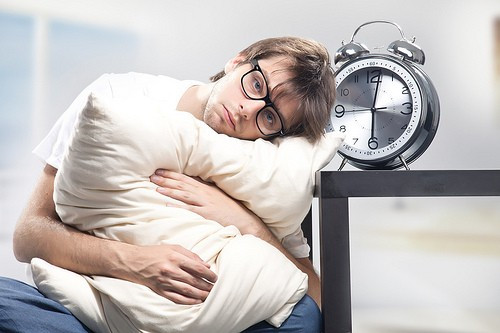Rave Drug Ketamine 'Can Cure Depression' Scientists Claim

The popular party drug ketamine has the potential to cure depression, researchers have said.
Scientists at the Oxford Health NHS Foundation Trust and the University of Oxford have found that ketamine has a rapid ameliorative effect in some patients with severe depression who have not responded to other treatments.
Principal investigator Rupert McShane said: "Intravenous ketamine is an inexpensive drug which has a dramatic, but often short-term, effect in some patients whose lives are blighted by chronic severe depression."
The study, published in the Journal of Psychopharmacology, involved 28 patients with treatment-resistant depression over three weeks.
Patients received either three or six ketamine infusions lasting 40 minutes, and reported their mood symptoms daily via text or email.
The antidepressant response sometimes took a second ketamine infusion to become apparent.
Memory tests were carried out a few days after the final infusion, as memory loss can occur during electroconvulsive therapy (ECT).
Three days after the last infusion, the depression scores had halved in nine of the patients. In those that responded to the treatment, the duration of benefit varied, lasting between 25 days and eight months.
The patients were severely depressed and episodes of suicidal behaviour occurred during the study, but suicidal ideas diminished overall.
"We've seen remarkable changes in people who've had severe depression for many years," McShane said. "It's very moving to witness. Patients often comment that that the flow of their thinking seems suddenly freer. For some, even a brief experience of response helps them to realise that they can get better and this gives hope".
Ketamine did not cause cognitive or bladder side effects when given on up to six occasions, although some people did experience other side effects such as anxiety during the infusion or being sick.
Most patients experienced some short-lived "dissociative" effects from the ketamine, such as distorted perception, but these only occurred while the drug was being infused and were not connected to the antidepressant effect. The patients did not feel euphoric during the treatment.
Ketamine is a licensed medical drug and is widely used as an anaesthetic and in pain relief. However, it is also used as a recreational drug and the Home Office is to reclassify it in the UK as a banned class B drug.
When used on the street at a level of several grams a day, ketamine causes severe bladder problems and impaired cognitive function.
"We now need to build up clinical experience with ketamine in a small number of carefully monitored patients. By trying different infusion regimes and adding other licensed drugs, we hope to find simple ways to prolong its dramatic effect," McShane concluded.
© Copyright IBTimes 2025. All rights reserved.






















